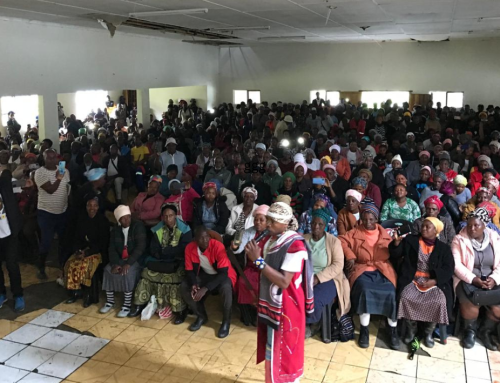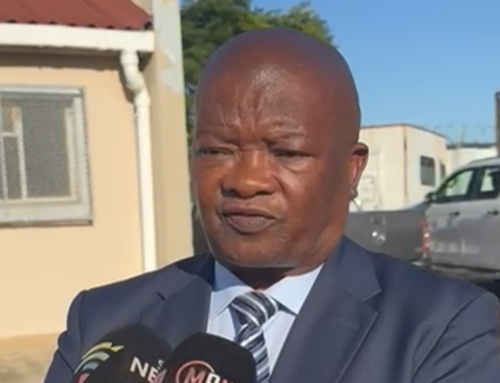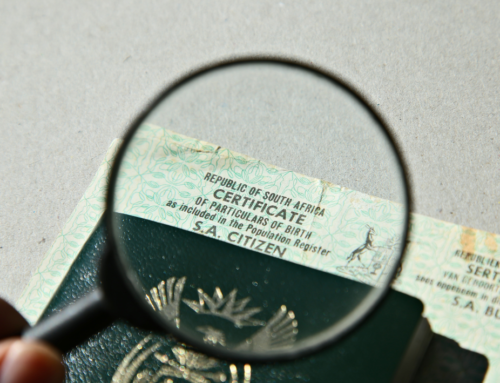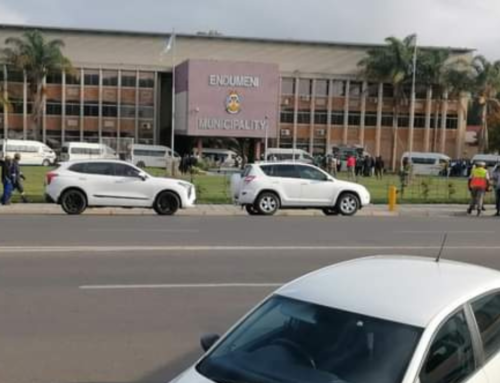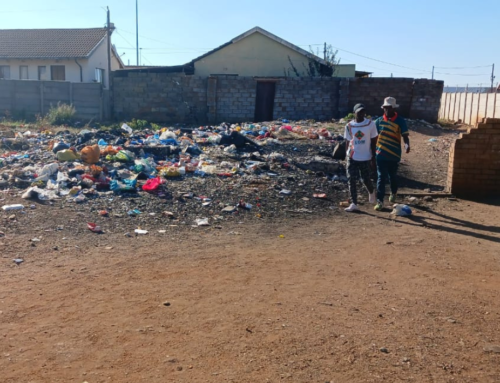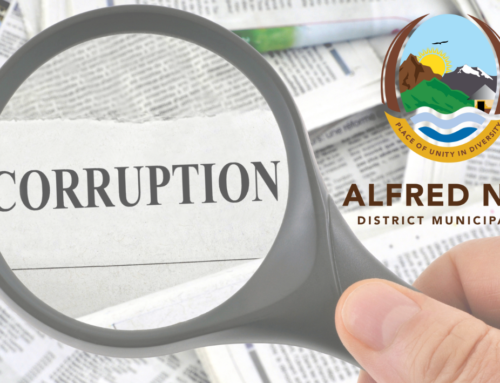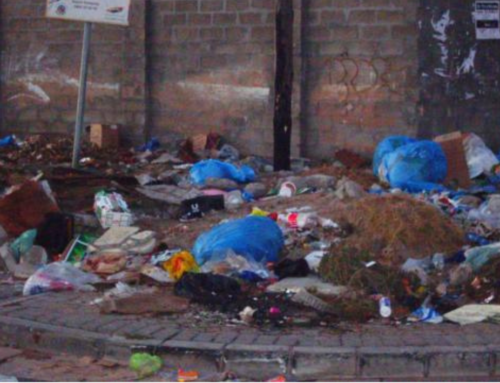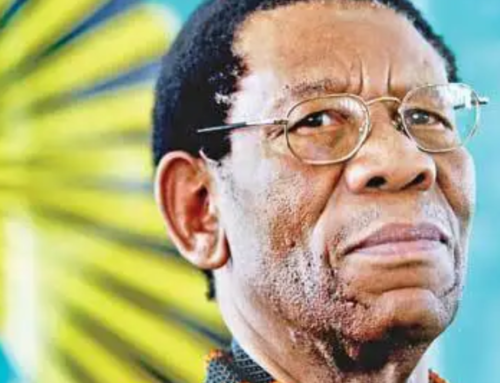
Motion delivered by Bantu Holomisa, MP and President of the United Democratic Movement in the National Assembly in a virtual mini-plenary session on
The negative consequences of government corruption on our people and development in South Africa
Honourable Speaker and
Honourable Members
1. Introduction
Thanks to the independent media of the new South Africa, major corruption has been exposed on a regular basis as early as 1996 with Sarafina II, the Arms Deal in 1999, and so on.
There are around 25 major corruption scandals where the ruling party and/or its members are allegedly involved, right up to 2020 with claims of corruption around PPE (personal protective equipment) and Covid-19 vaccines.
In 2017, the newly-elected African National Congress (ANC) president Cyril Ramaphosa said that “we are called upon to act against corruption” and that his party will “act fearlessly against alleged corruption and abuse of office within our ranks”.
There has unfortunately been little progress.
There was a time that we thought the pinnacle of corruption was the allegations around former President Jacob Zuma and the Gupta Family, but the revelations at the Zondo Commission have made us wiser.
The BOSASA allegations sketched a picture of continued ransacking of government resources in favour of the ruling party and some of its leaders.
At the Zondo Commission in July 2020, ANC National Executive Committee member Nomvula Mokonyane “could not deny” that “BOSASA supported the ANC”, providing their elections operation centres, hosting provincial meetings and providing food for volunteers and congress goers.
From experience, I know these costs run into millions of Rands and where did BOSASA get that money? Guaranteed government tenders.
Whose money is being wasted. The taxpayer’s and the people who should be benefitting from government projects and services!
These are massive amounts of money, that were not spent as intended i.e. to better the lives of all South Africans, and have left the previously disadvantaged, further disadvantaged.
2. Righting the ship
Bodies, such as the Mpati and Zondo Commissions and the Special Tribunal on PPE tender fraud, have a role to play.
The public has a right to know and because transparency is an essential component to establish and maintain public trust, these bodies must do their work to expose the rot.
However, these commissions will only be taken seriously if the money trail is followed to where it terminates.
It is of no use to only prosecute those who facilitate corruption in the name of a political party, and then let that party go scot-free.
If there is truth in what Ms Mokonyane said, the ANC must face the might of the law and then they must return the money to the people of South Africa.
Yet, we cannot have commissions forever, they are expensive and serve a specific purpose. They should now act like a weedkiller and once our yard is clear, our normal law enforcement agencies should be made to do their work properly.
3. Corruption and poor management of projects
Infrastructure projects like the R61 between Mthatha and Engcobo is an unmitigated mess. The money for the OR Tambo District water and sanitation projects ran dry, but that did not happen before R170-million was paid out without a jot of work being done.
Where did the money go?
But this is the modus operandi whether it be at national, provincial or local government… and someone with ruling party ties has their fingers in the till.
Why is this tolerated?
4. Some remedies
Various cabinets over the years have failed this country. Full stop.
Oaths of office have been broken, powers of accounting officers were, and are, usurped, and political directives have been at the order of the day since 1994.
In other democracies around the world there would have been en masse resignations when ministers are confronted with such astounding failures. But not here. In South Africa, we tolerate such shenanigans.
Yet, when we consider the remedies presently at our disposal, the nation’s hands are tied.
At the moment the buck stops with the president, who appoints ministers, and, because of power-brokering, he is either loath or unable to get rid of colleagues when they abuse power or underperform.
The public looks to parliament for answers and the constitution simply does not make it possible for this institution to fire a bad apple.
We therefore might want to look at enacting legislation that empowers an ombud to listen to, and decide on, complaints about the conduct of ministers and deputy ministers.
Another suggestion the UDM wishes this house to consider is the establishment of special courts and special procedures to investigate and prosecute those in the public and private sector involved in corruption.
I thank you.



